by James Bowen, National Chairperson of the Ireland-Palestine Solidarity Campaign
http://www.haaretz.com/hasen/spages/848045.html
In the late 19th century, changes in Ottoman law created a new class of large landholders, including the Sursuq family from Beirut, which acquired large tracts in northern Palestine. A similar situation had long existed in Ireland, where most land was controlled by absentee landlords, many of whom lived in Britain.
The 1880s, however, initiated dynamics that led the two lands in different directions. In 1882, the first Zionist immigrants arrived in Palestine, starting a process that subsequently led to the eviction of indigenous tenant farmers, when magnates like the Sursuqs pulled the land from under their feet, selling it to the Jewish National Fund.
In contrast, in 1880, Irish tenant farmers started a process that turned them into owner-occupiers. A former British army officer played a role in this drama, which introduced his name as a new word into many languages.
Western Ireland was again suffering near-famine conditions. The potato crop had failed for the third successive year. Captain Charles Cunningham Boycott, agent for Lord Erne, the absentee landlord of an estate in County Mayo, refused the request of tenants for a rent reduction and, instead, in September 1880, obtained eviction notices against 11 of them for failure to pay their rent.
Thirty years earlier, evictions had expelled huge numbers of Irish to North America. But times were changing: A nationwide tenants’ rights movement, the Land League, had recently been formed, under the leadership of Charles Stewart Parnell, a scion of the landlord class, whose pro-tenant sympathies were inherited from his American mother, a woman whose grandfather had been one of George Washington’s bodyguards. Speaking on September 19, 1880, Parnell outlined the strategy of the league:
“When a man takes a farm from which another has been evicted, you must shun him on the roadside when you meet him, you must shun him in the streets of the town, you must shun him at the shop-counter, you must shun him at the fair and at the market-place and even in the house of worship, by leaving him severely alone, by putting him into a sort of moral Coventry, by isolating him from the rest of his kind, as if he were a leper of old, you must show him your detestation.”
Three days later, court officials attempted to serve Boycott’s eviction notices on the tenants, and the Land League policy went into effect. Within two months, Boycott’s name had become a synonym for ostracism, he had left the estate, and both landlords and government had discovered the power of ordinary people. Within a year, legislation at Westminster provided government finance for tenants wishing to purchase their farms.
For too long, Israel has been taking land from which Palestinians have been evicted, and detestation is spreading around the world. In Ireland, photos of Israeli bulldozers are placed beside those of landlords’ battering rams. Even a former U.S. president has recognized hafrada (“separation” in Hebrew) as apartheid. Disgust has reached such a level that even highly conservative institutions that normally try to avoid politics are driven to express concern.
One such body is Aosdana, the Irish state-sponsored academy of artists. Its annual general assembly on March 28 passed a resolution whose full text is: “Mindful of the August 4, 2006 call from Palestinian filmmakers, artists and cultural workers to end all cooperation with state-sponsored Israeli cultural events and institutions, Aosdana wishes to encourage Irish artists and cultural institutions to reflect deeply before engaging in any such cooperation, always bearing in mind the undeniable courage of those Israeli artists, writers and intellectuals who oppose their own government’s illegal policies towards the Palestinians.”
Although on the surface, this is a mild resolution, it is a boycott call in all but name. Its significance was not lost on Dr. Zion Evrony, the Israeli ambassador in Dublin. The very same day, he issued a press release that was replete with cliches that might have worked several decades ago, when Irish people were still unaware of the horrors that Israel has inflicted on the Palestinians.
Possibly, the alacrity of Dr. Evrony’s response was due to the fact that the strength of feeling among Irish artists had been rehearsed in the Irish press. Indeed, the proposer of the motion, playwright Margaretta D’Arcy, who is Jewish, had written in The Irish Times on February 16 that, “I was reluctant to advocate a cultural boycott of Israel until I visited the country for the first time last November … I became convinced that a cultural boycott was necessary, if only as an act of solidarity with those in Israel who seek to remove the inequality, discrimination and segregation of their society.”
Continuing, she quoted from “Land Grab,” by Yehezkel Lein, published by B’Tselem – the Israeli Information Center for Human Rights in the Occupied Territories: “The settlement enterprise in the occupied territories has created a system of legally sanctioned separation based on discrimination that has, perhaps, no parallel anywhere in the world since the apartheid regime in South Africa.”
Ms. D’arcy finished by saying: “My uncle went to live in the Holy Land in the 1920s to help set up the utopian dream of peace, justice and equality between Jew and Arab. It was only when I arrived there that I realized how mistaken he was. He would have done better to have stayed in the East End of London to struggle for peace, justice and equality in England.”
Parnell finished his call to action by saying that “there will be no man so full of avarice, so lost to shame, as to dare the public opinion of all right-thinking men.”
They were both right.
Prof. James Bowen is the national chairperson of the Ireland-Palestine Solidarity Campaign


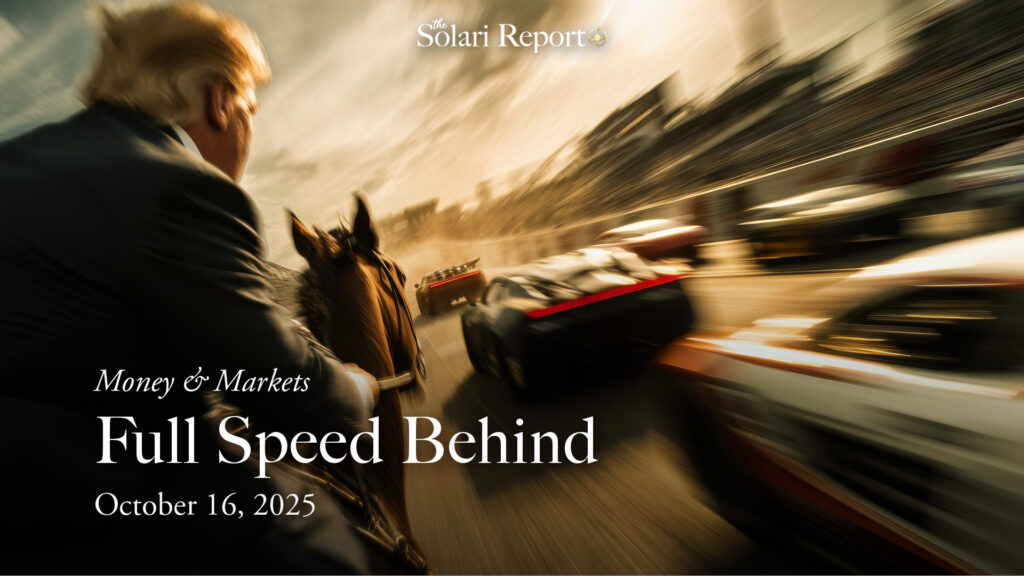


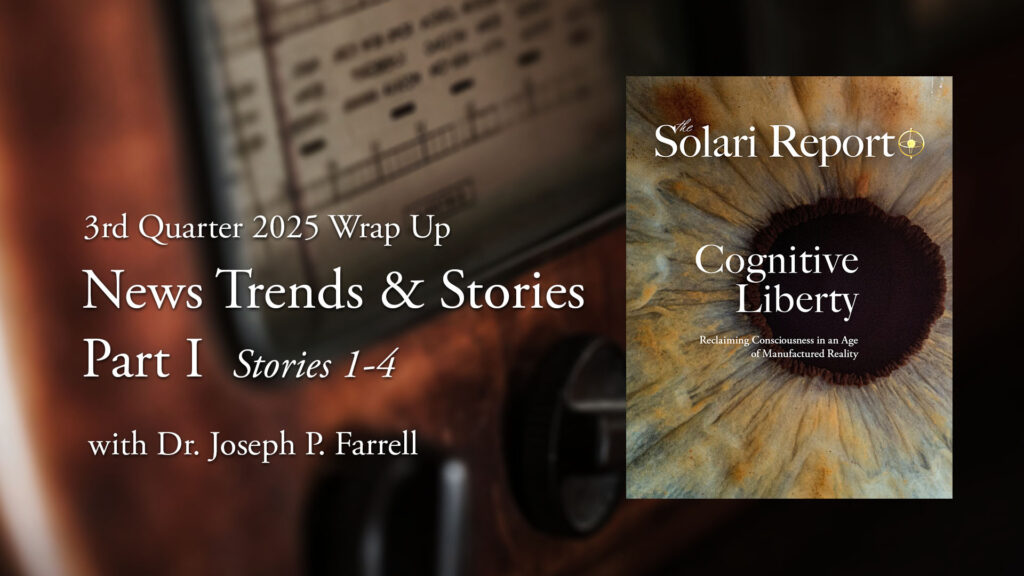

















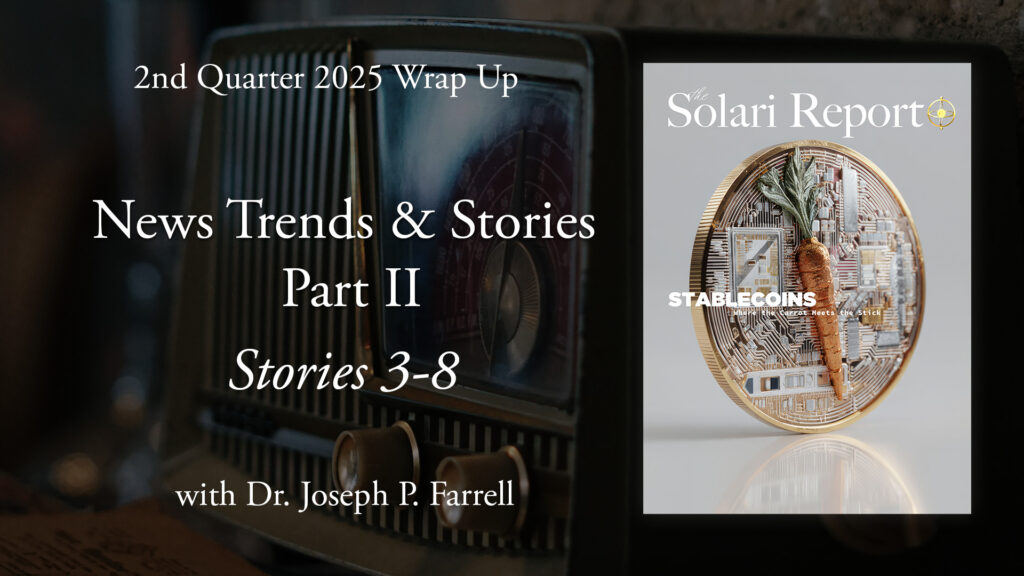


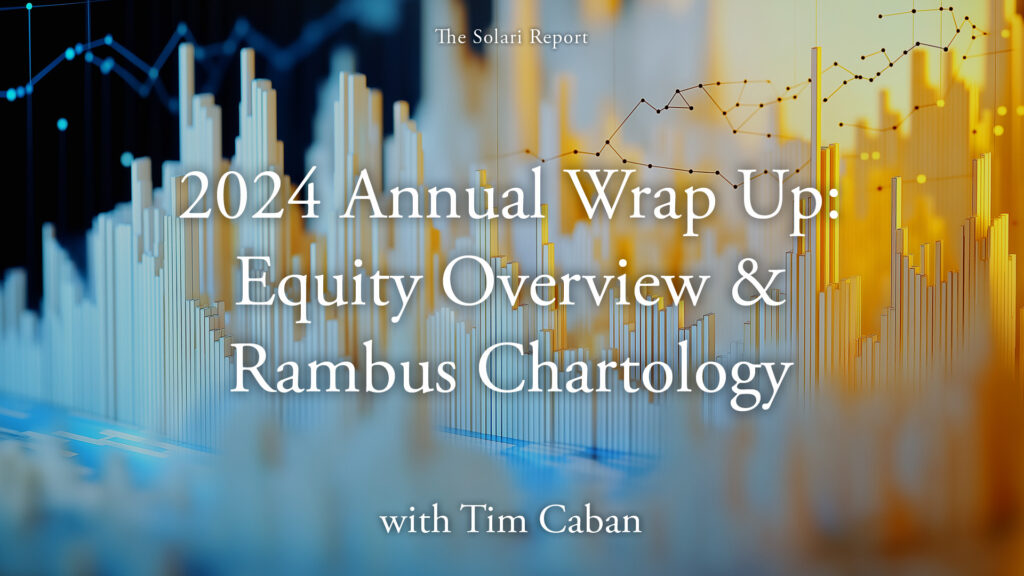

















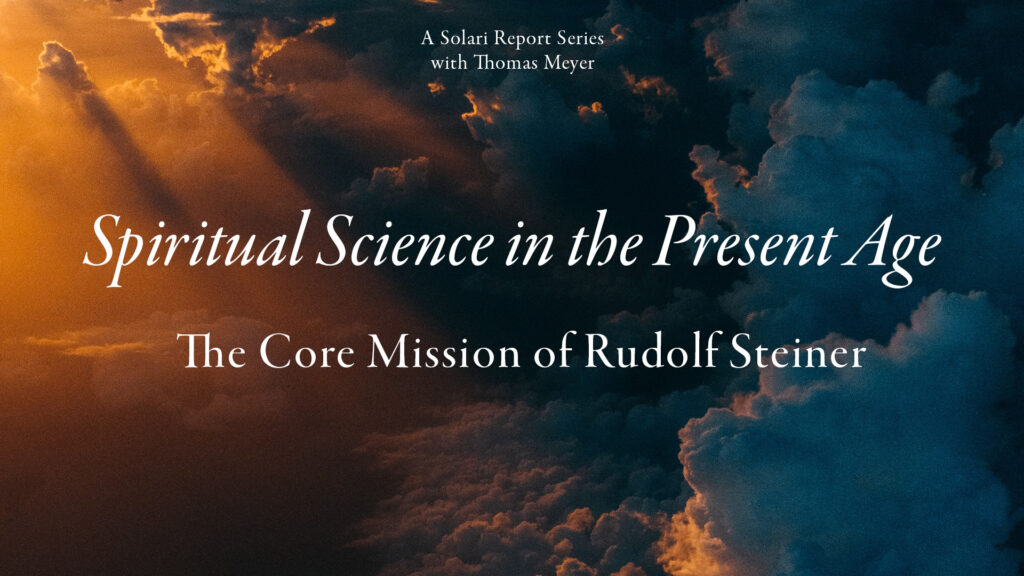

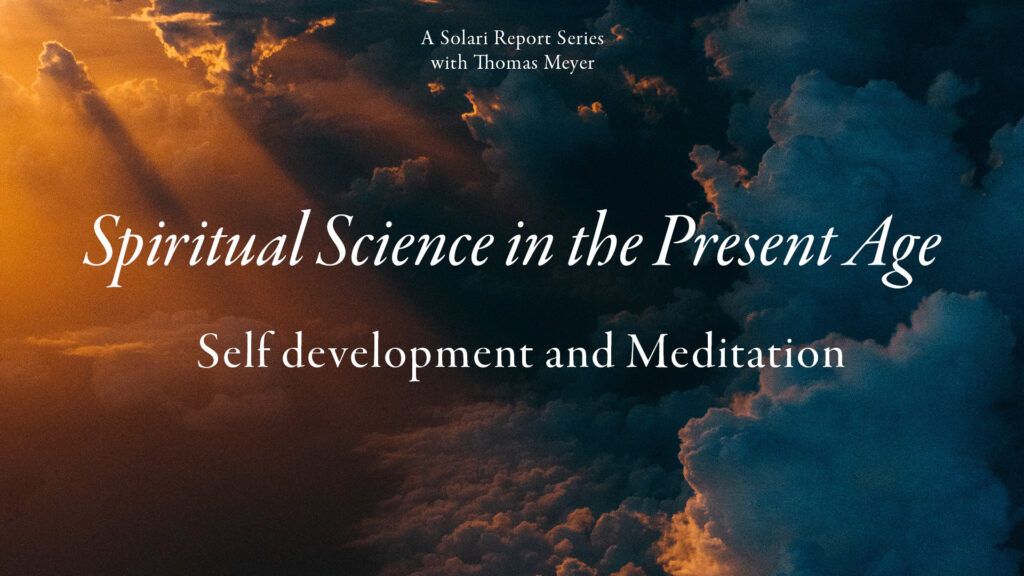















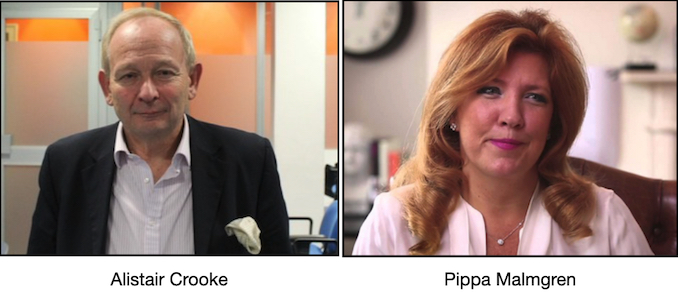






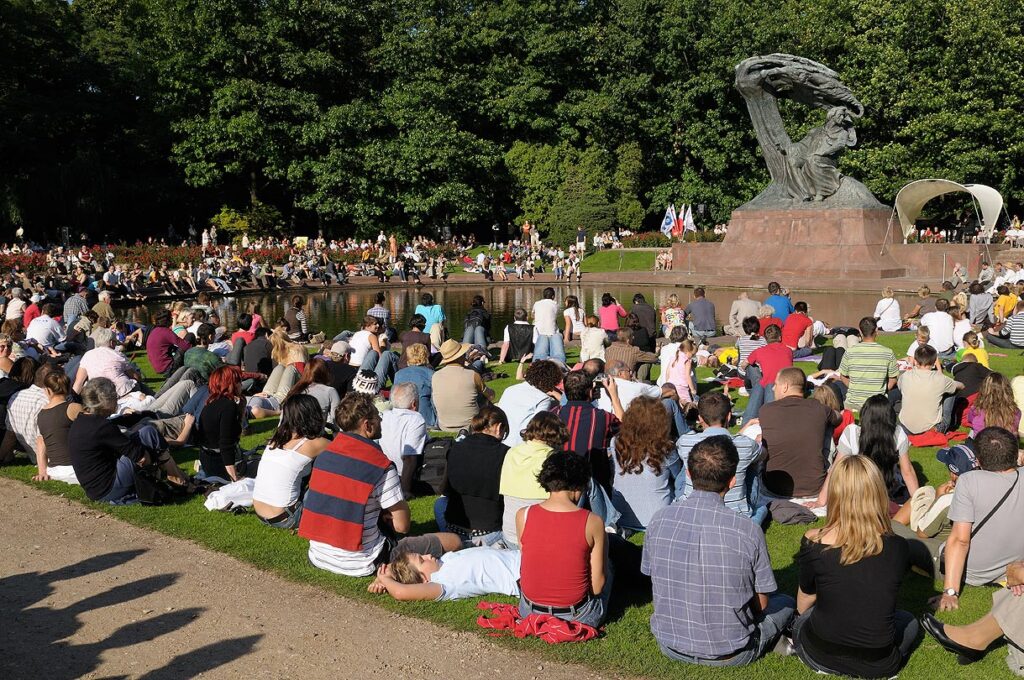

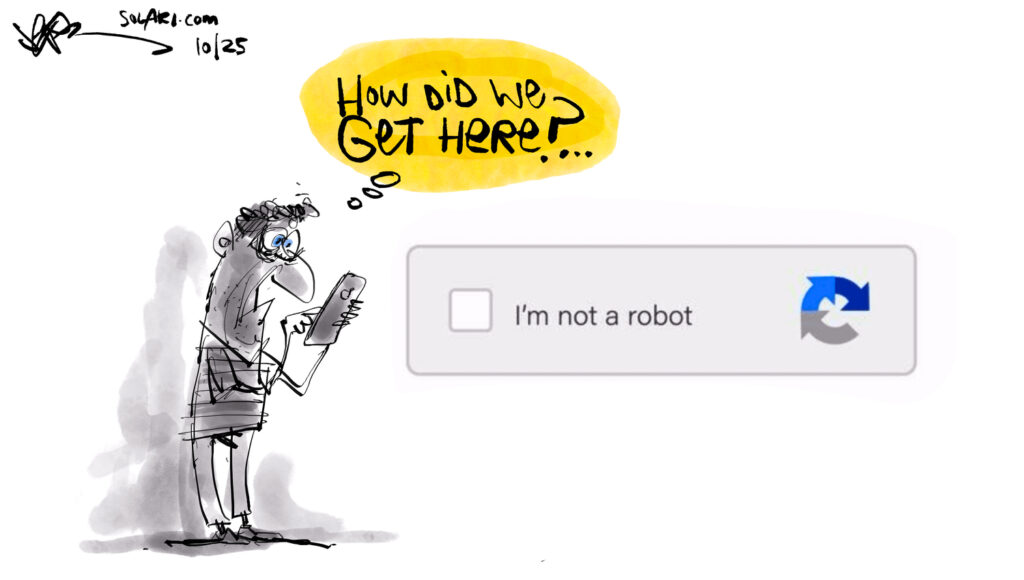
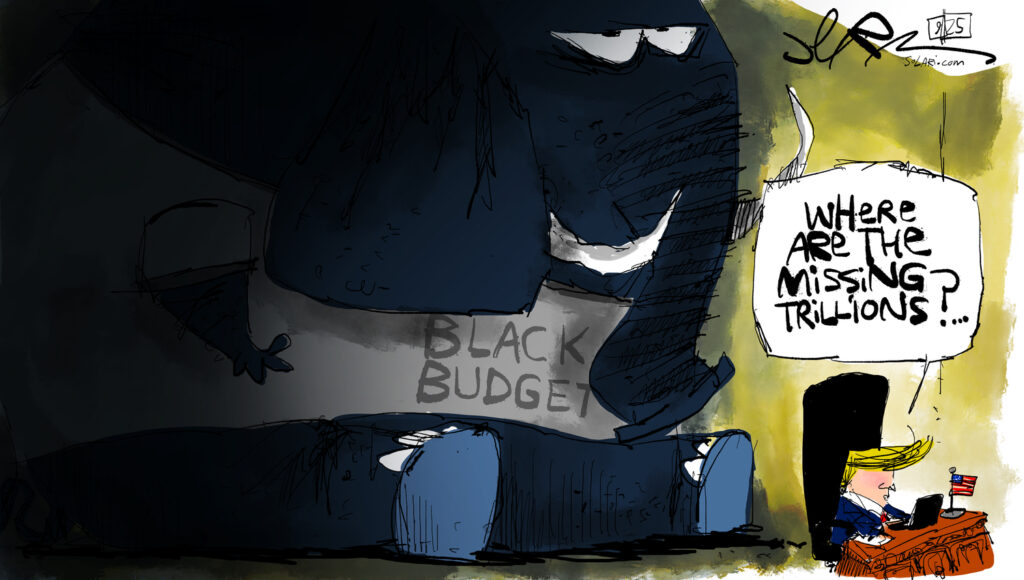
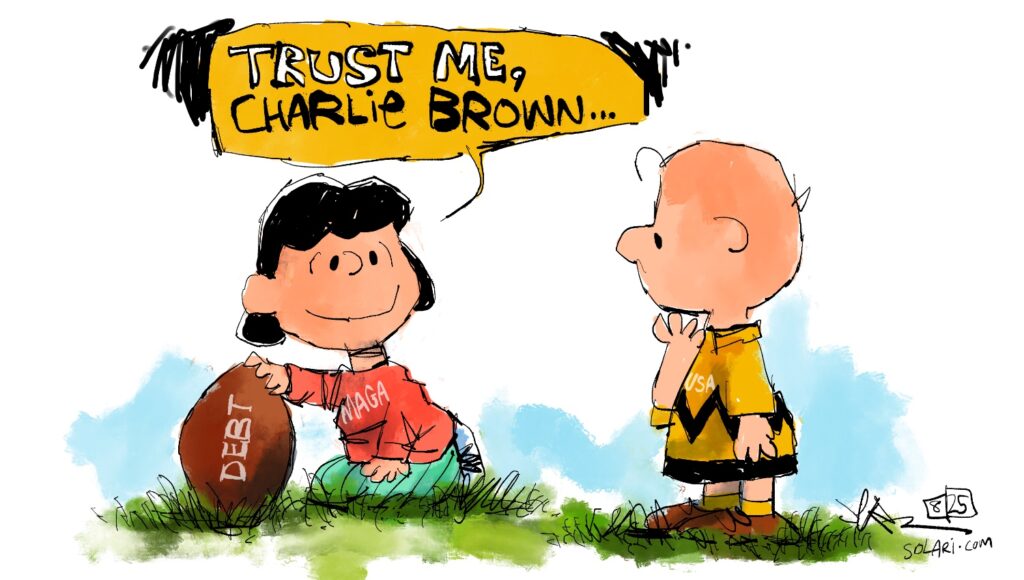


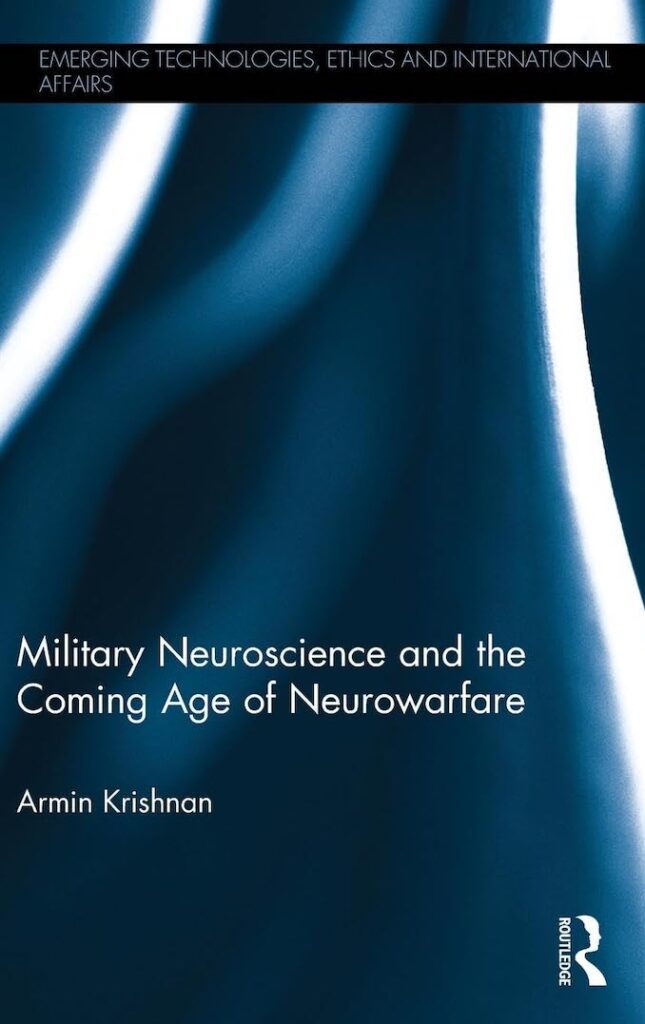
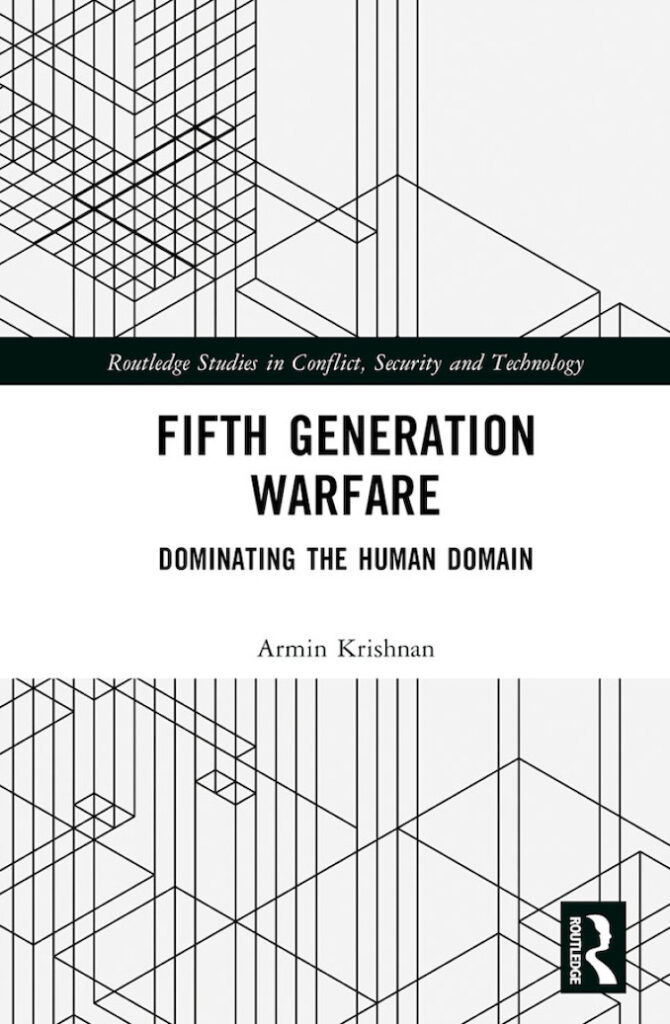














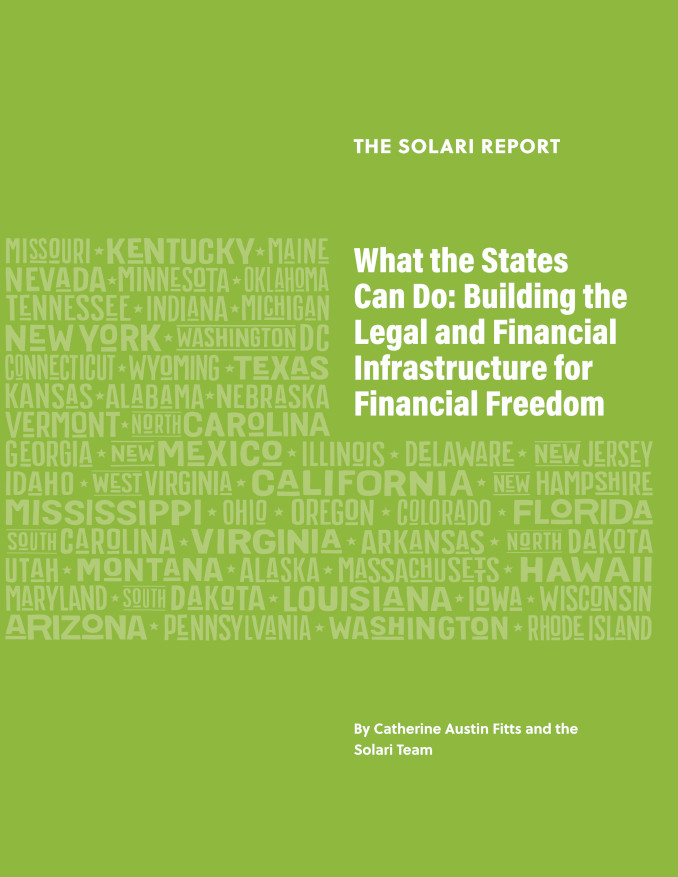



the IRA and Hamas! Birds of a feather flock together…I am Irish-American , protestant and a zionist…the land belongs to the Jews. cufi.org
“Bill Jones” is proof of the criminal conspiracy we are all up against. Whether it’s a financial swindling here or a mass murdering there, the world is swarming with zionist psychopaths determined to rule the world.
It’s just great that now we even have them showing up here.
Psychopaths rule, it seems in every generation. They reveal themselves, injure us deeply, and the next generation forgets. Its like a cancer we never seem to entirely eliminate. Jesus spent a good deal of his time, maybe half or more, dealing with these characters and warning us about them. And they still keep climbing to the top of the food chain. John chapter 8, when read as a whole and not through a ministers eyes, reveals who Jews for Jesus really are. Seems to me that institutions, in this case Jesus’ congregation, was a business opportunity to which they gathered. It was an opportunity for making a profit. Jesus chased them off by testing their sincerity. They then killed him and came back to claim the kingdom through violence. As Bill Jones said, the land “belongs” to the jews only because they stole it. Jesus definitely did not give it to them. Neither would Moses or any of the prophets.
For those interested in the study of politics and psychopathology, this may be of interest:
http://markinthepark.net/blog/?p=96
My question about Israel and Hamas is how much current events are driven by the agendas of other nations related to the “management” of the price and ownership/control of oil as well as other long term strategic interests in the middle east.
I am here to learn more about decentralization and self sufficiency…believe in small government and low taxes not Jewish conspiracies or other antisemitic pshycobable… I offer cufi.org as a response to the call for a boycott for anyone on here that is not a closet antisemite. Ezekiel 38, George, read it and understand it before talking about stealing land…Jesus was a Jew from Bethlehem uhm where is that? Like Joseph he will reconcile with his brethren.
Catherine have you looked into Stirling engines?…they may help us reduce the need for foreign oil.
Bill:
I don’t know much about Stirling engines. I just took a read at the wiki post. http://en.wikipedia.org/wiki/Stirling_engine
I talk a lot with the scientists I trust about what are the financial conditions that could help such technology be integrated and spread. This includes understanding the issues that have contributed to it being kept on the shelf or limited in application. Alas, that does require understanding both system incentives and dynamics as well as the cultural phenomenon and real conspiracies that implement them.
One of the critical questions about the proposed infrastructure spending by the new Administration will be whether it takes advantage of new technology or protects the corporate dinosaurs by leaving it on the shelf.
Any chance you are interested in the design components of the federal infrastructure program. I am thinking about writing about some of the issues. It would be a lot more energizing if I had some collaborators.
Catherine
Catherine,
I do not have faith in the new government or its socialist agenda…Infrastructure spending did not help Japan but I am not opposed to using tax dollars to fix infrastructure… you are moving towards local community organization and decentralization…we are moving in a similar direction but I wish to become a hermit not a co-oper… I see self sufficiency as a way of increasing my wealth by reducing my cost in a tax free manner…where recycling achieves that goal I will participate ( I am not a green, I am a conservative with libertarian tendencies)…”organic” farming because I can reuse the seeds…I dont dislike corporate America, I am just tired of sending them my money for essential goods and services…as a small business owner I dont think the word profit is bad
…I dont find solar cost effective, yet, and look at Sterling as a means of generating electricity with any heat source…this would include wood, coal, NG or even thermal solar. WisperGen has a natural gas unit but I do not know the cost and do not want to be limited to one fuel source especially when I can come across lots of free wood for winter use and would see if thermal solar would work in the summer. My goal is to come off grid and have it pay for itself in 3-5 years.
As for the Sterling technology, no one has caused it to be shelved…it has some annoying characteristics that modern technology seems to now be addressing.. do 2 searches…one on Dean Kamen (segway inventor) and Sterling engines and another on Sandia National Labratories and thermal solar.
One thing that did intrigue me on a “community” level was the idea of bypassing the big banks and doing local banking…how about bypassing banks altogether and pooling investment money and loans but via some sort of standardized contract between the creditors and debtor. Have you 2 ladies loan directly to the third for a cut in profit for a set term. Micro loans for Americans and for larger amounts. And how does one build trust in such a system?
Lastly, what are the legal ramifications i.e. taxes of barter?
How much activity would get you noticed? And have you looked at the fair tax proposal?